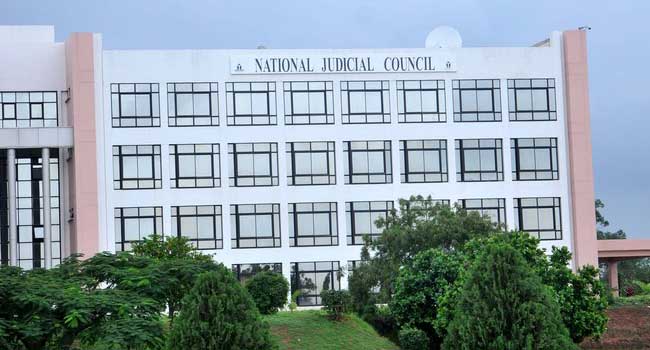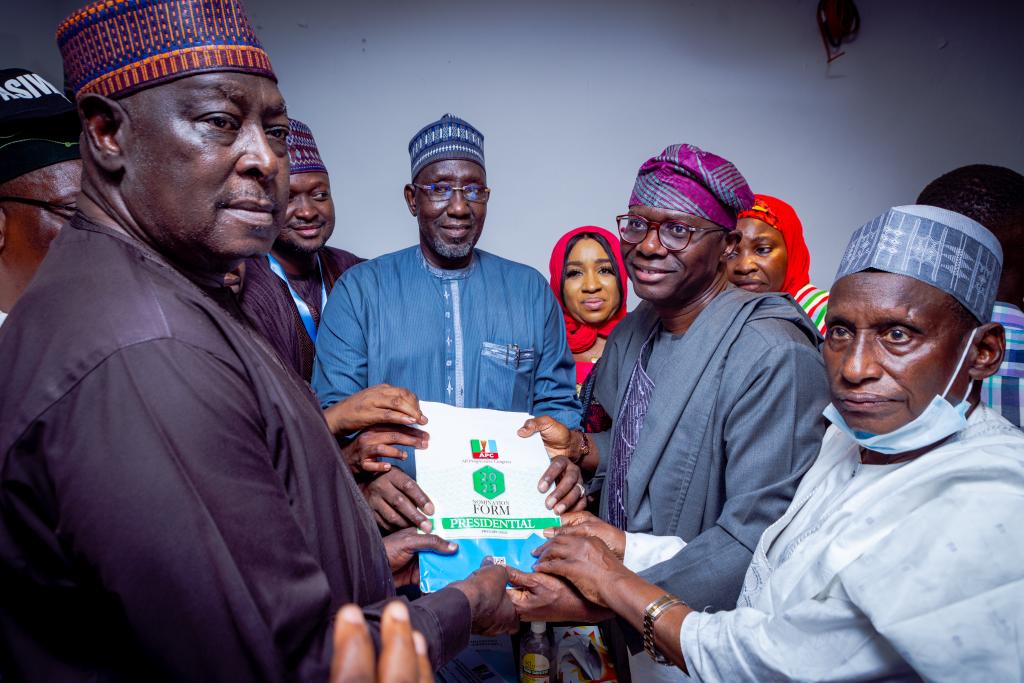The National Judicial Council (NJC) has issued new guidelines on political and election-related cases.
The council, in a statement issued on Wednesday, said the document is part of its efforts to address issues of conflicting orders and judgments.
The development comes amid concerns over conflicting court judgments on political cases.
In August 2021, Ibrahim Muhammad, the chief justice of Nigeria (CJN), had summoned six judges explain their recent court orders.
Advertisement
Weeks before the summons, the chief judges had issued conflicting orders on issues bordering on the chairmanship tussle of the Peoples Democratic Party (PDP) and the gubernatorial candidate logjam of the All Progressives Grand Alliance (APGA) in Anambra state.
Days after the summons, the CJN had asked three of the judges to appear before the NJC to show cause why disciplinary action should not be taken against them for granting the conflicting ex parte orders.
There have also been conflicting court orders in recent weeks over issues around elective office holders who defected from the parties under which they were elected, as well as section 84(12) of the Electoral Act 2022.
Advertisement
According to the statement on Wednesday, the policy guidelines were discussed during the NJC’s 98th meeting presided over by CJN.
“These policy directions shall apply to all suits filed in any court in Nigeria wherein the parties include Independent National Electoral Commission (INEC), any political party or its officers, any other person, natural or legal, suing or sued for a declaration in relation to any action taken or to compel or restrain any action or omission with respect to the affairs of a political party or any election into a public office,” the statement issued by Soji Oye, NJC spokesman, reads.
Oye also said the guidelines will be in use “pending the constitution of a Cross Jurisdiction Litigation Panel (CJLP) to give directions on appropriate litigation for a for cross jurisdiction litigations”.
The new guidelines make recommendations on filing of election matters, as well as steps to be taken on rulings requiring appeal.
Advertisement
“All suits to which these Policy Directions apply shall be filed, received, or entertained only at the High Court of the Federal Capital Territory in so far as the relief sought, or potential consequential order(s) or declaration(s) may restrain or compel persons or actions beyond the territorial jurisdiction of any one State,” the statement reads.
“Where such suits are within the exclusive jurisdiction of the Federal High Court, they shall be filed or received at Abuja and assigned by the Chief Judge of the Court.
“All such Suits wherein the cause of action arose in a State and the relief seeks a declaration or to compel or restrain person(s), natural or legal, within that State’s territory, with no consequence outside the State, shall be filed, received, or heard only in that State.
“All Heads of Court shall assign cases or constitute panels with a view to forestalling the incidences of conflicting judgements and rulings.
Advertisement
“Once facts or issues have been ruled upon, no other Court or Panel of Coordinate Jurisdiction shall be assigned or entertain Suits on the same subject matter and parties shall comply or proceed on appeal to the appropriate higher Court.
“Rules of Court shall require sufficient notice and publicity of actions that potentially impact other cases.
Advertisement
“Rules of Court shall stipulate solemn disclosure duties on litigants filing actions that may impact other actions.
“Heads of Court shall exercise their rule making and administrative powers to give effect to these Policy Directions.”
Advertisement
The guidelines take effect from May 11.
Advertisement
Add a comment






